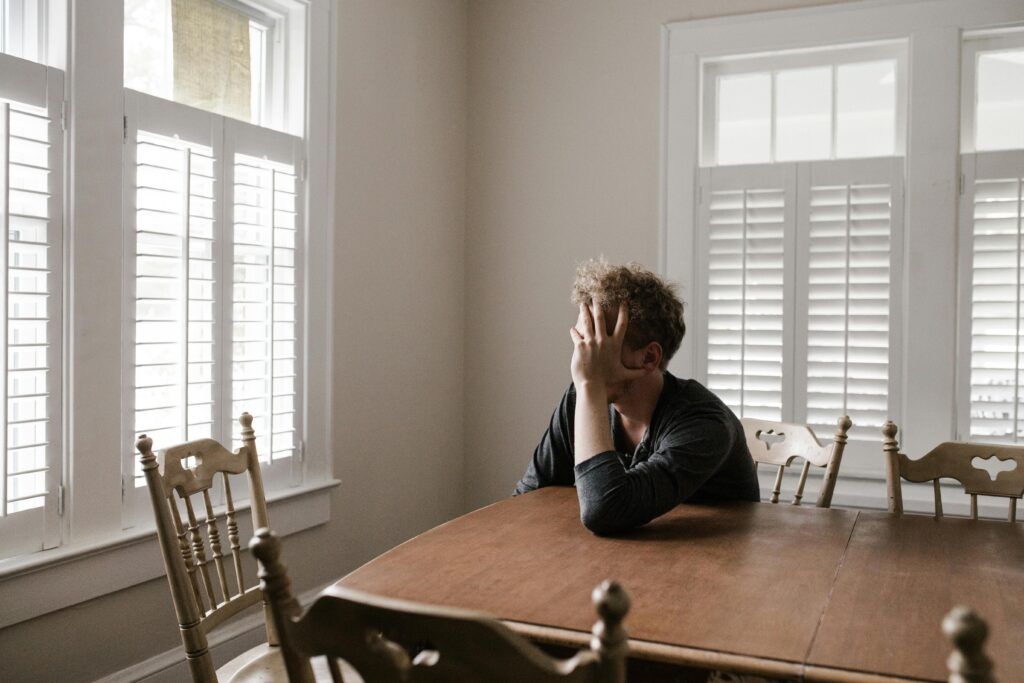There are days when it feels like you’re carrying a heavy weight, while at the same time your mind refuses to rest. You might feel drained, unable to summon energy for even simple tasks, yet restless with worry that never seems to switch off.
For many people, this mix of emotions is not unusual; it’s part of what’s known as mixed anxiety and depressive disorder.
Living with both depression and anxiety can feel confusing, especially when your body tells you to stop, but your thoughts won’t let you.
Talking about mental health and seeking the right care can open the door to feeling steadier, more understood, and better supported in your daily life.
What Is Mixed Anxiety and Depressive Disorder?
Clinically, mixed anxiety and depressive disorder describes a condition where symptoms of both depression and anxiety are present, but not always strong enough to be classified as one alone. Instead, they occur together in a way that impacts your daily life.
Research shows this overlap is common, and our clinical experience suggests that many people are unaware they’re dealing with both.
You might notice sadness, loss of interest, or fatigue, which are hallmarks of depression, while also battling nervousness, irritability, or physical tension linked to anxiety.
When combined, these symptoms can make everyday activities, from work to relationships, feel overwhelming.
Who Is Most Likely to Experience It?
Mixed anxiety and depressive disorder can affect anyone, but some people may be more likely to experience it due to certain life situations or risk factors. It often appears in:
- Adults facing ongoing stress: High-pressure work, financial struggles, or caregiving responsibilities can increase vulnerability.
- People with a history of trauma or difficult childhood experiences: Early stress can shape how the brain processes both anxiety and depression later in life.
- Those with limited support systems: Feeling isolated or lacking close connections can make symptoms harder to manage.
- Individuals with a family history of mental health conditions: Genetics may play a role in increasing the likelihood of both anxiety and depression.
- Women and marginalised groups: Women report higher rates of mixed anxiety and depression, and people facing discrimination or systemic barriers may also be at greater risk.
Why Support and Awareness Matter
For too long, mental health has been surrounded by stigma.
People are often told to “just calm down” or “snap out of it.” These phrases dismiss the reality of mixed anxiety and depressive disorder and can keep you from seeking the support you need.
Awareness helps break this cycle.
When people around you, like your friends, family, and colleagues, understand that anxiety and depression often appear together, conversations can shift from judgment to compassion.
You may start to feel less isolated when others validate your experience and acknowledge that what you’re going through is real and worthy of care.
You Don’t Have to Live With Mixed Anxiety and Depressive Disorder
At Harley Row Clinic, we believe that healing happens when every part of you is considered: your mind, your body, and your daily life.
That’s why our approach is three-fold: combining therapy and coaching, thoughtful use of medication when necessary, and functional medicine support such as nutrition and lifestyle care.
Techniques such as Mindfulness-Based Cognitive Therapy, alongside practical changes in sleep, movement, and stress management, are woven into plans that honour your unique needs.
Our team of psychiatrists, psychologists, nutritionists, and therapists works together with one goal in mind: helping you find steadier ground and a sense of balance you can carry forward.
If you’d like support, we are here to listen and walk with you toward better well-being. Book an appointment today.
